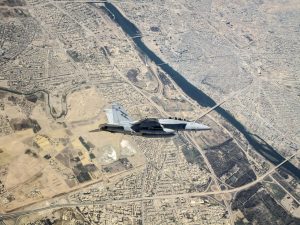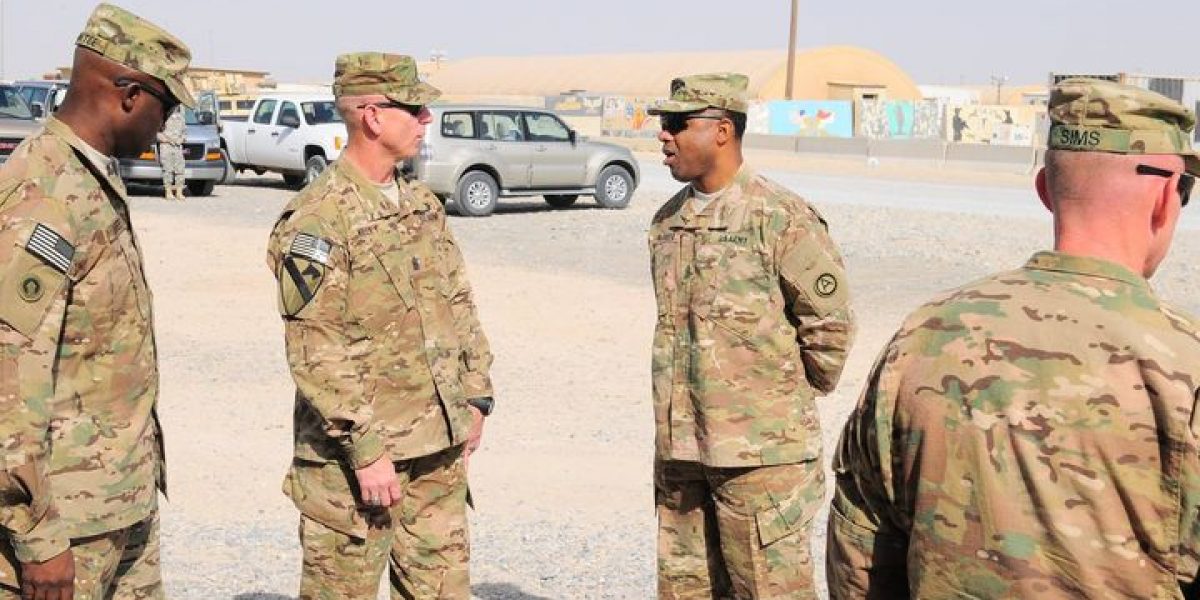“International security issues in the post-Cold War world are fundamentally different from those confronted during the Cold War. As such, there are few lessons from the past that are relevant for dealing with the challenges of the 21st century. As a group, do you agree, and why?”
In the post-Cold War era, international security experienced an expansion of military considerations, now including political, economic, social, and environmental factors (Elias, “Four Generations”). The rise of Fourth Generation Warfare left states with a new form of war that goes beyond conventional means. Today, state actors are forced to recognize and fear non-states actors as they add psychological and political aspects to war. With advanced technology and new warfare tactics, military capabilities no longer determine victory. Even more so, with the rise of nuclear weapons, the states are left constantly fearing the possibility of complete annihilation. Lastly, with nuclear weapons having the capability to destroy nations in seconds, it begs the question: is anyone safer with such catastrophic weapons? Nuclear weapons, terrorism, and Fourth Generation Warfare have created a world where international security is more complicated than ever.

There is no longer a clear line between civilians and soldiers, as battlefields have evolved and Fourth Generation war encroaches into cities and towns (Elias, “Four Generations”). To become victorious in war, one can no longer use tactics implemented before and during the Cold War. Today, actors are forced to consider the non-linear form of war that involves Fourth Generation Warfare and terrorism. As a result, actors must no longer focus on military capability and training, but rather their enemy’s willingness to continue fighting (Hammes). Additionally, the rise of technology has now influenced cyber security attacks and introduced drones as weapons. Today, an actors’ military capabilities must go beyond having soldiers on the ground and emphasize the ability to defeat their enemy’s willpower. An actor may have technological superiority, but who wins the contest of political will has become the deciding factor. Actors are using drones to attack land from afar, limiting soldier casualties and injuries. Many insurgent groups started using brutal Guerilla Warfare tactics to progress in wars and wear out their enemy (Griffith).
This new, highly political, and psychological form of warfare makes military action secondary to political action (Elias, “Four Generations”). An adversary’s ability to target willingness and willpower through the indirect use of force now promises victory more than military capability. Even more so, one’s ability to attack entire nations in such a large magnitude and at such a fast rate places a great emphasis on the bargaining process and decision making. Actors no longer need to achieve military victory on the battlefield to achieve their political goals. For these reasons, international security issues are different from those during the Cold War in that Fourth Generation Warfare has revolutionized conventional war through technological and psychological military capabilities. Therefore, actors must use and consider new forms of unconventional warfare if they hope to win current and future wars.
